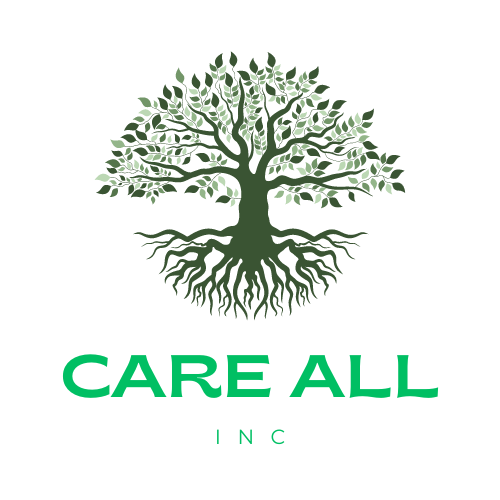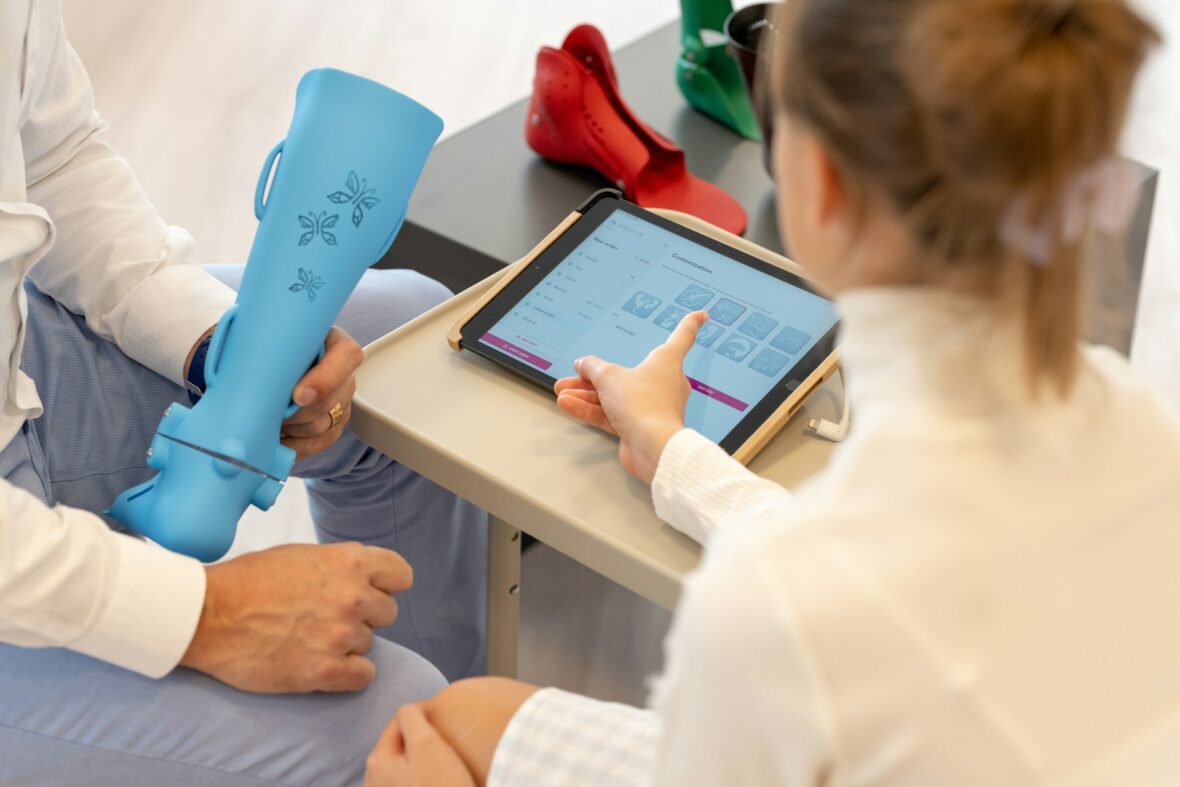Technology is reshaping every industry, and healthcare is no exception. From faster diagnostics to personalized treatments, technological advancements are redefining how we approach patient care.
But what exactly does this mean for the healthcare sector? How are innovative solutions improving the experience for both professionals and patients?
This blog dives into how health tech is sparking a revolution in modern medicine. You’ll discover the cutting-edge tools, systems, and approaches that are driving better outcomes in digital health.
Faster Diagnoses with Artificial Intelligence
AI-Powered Diagnostics
Artificial intelligence (AI) has proven invaluable in interpreting medical data efficiently. From analyzing X-rays and MRIs to detecting anomalies in a patient’s history, AI reduces diagnostic errors and speeds up the process.
Consider IBM Watson Health, which uses AI for precision medicine. It scans vast data sets to offer insights into diseases like cancer, producing accurate recommendations for treatments.
Early Disease Detection
Wearable health devices like Fitbit or Apple Watch have gone beyond counting steps; they’re collecting real-time patient data, from heart rate patterns to oxygen saturation levels. These insights enable physicians to detect chronic issues before they escalate into severe conditions.
Telemedicine is Bridging Gaps in Accessibility
Consultations Without Borders
Telemedicine platforms are enabling patients to connect with doctors remotely, dissolving geographical barriers. Rural patients or those with mobility challenges no longer need to travel miles to access quality care.
For example, Teladoc Health provides not only general consultations but also mental health services. This has made healthcare more inclusive, accessible, and timely.
Time and Cost Efficiency
Remote consultations save time on both ends. Patients skip long commutes and waiting rooms, while doctors optimize their schedules, catering to more people in less time. The result? Reduced costs and hassle for everyone involved.
Personalized Treatments with Big Data
Data-Driven Decisions
Big data analytics empowers healthcare providers to understand trends in patient care at a system-wide level. By analyzing these trends, medical practitioners create more tailored treatment plans for individuals.
For instance, in diabetes management, blood sugar data collected via Continuous Glucose Monitors (CGMs) feeds into algorithms that offer precise insulin recommendations. This kind of specificity was unimaginable just a decade ago.
Genome Sequencing for Precision Medicine
Advanced technologies such as genome sequencing allow treatment to be as personalized as possible. By understanding a patient’s genetic makeup, doctors can recommend treatments likely to be most effective.
The Impact of IoT Devices on Patient Care
Monitoring from Afar
The Internet of Things (IoT) enables interconnected devices to track patient health remotely. Smart inhalers for asthma management, glucose-monitoring contact lenses, and pacemakers with GPS functionality are revolutionizing care.
Patients are monitored continuously, providing doctors with immediate alerts for emergencies. Chronic disease management becomes less intrusive, improving the quality of life for many.
Building Patient Engagement
IoT devices also foster better patient engagement. Insights from devices are often shared through easy-to-read dashboards or apps. When patients actively participate in their health monitoring, they’re more likely to adhere to medical advice.
Automation in Administrative Tasks
Streamlining Protocols
Digitization and automation reduce the paperwork that bogs down healthcare providers. From scheduling appointments to processing insurance claims, automation is eliminating inefficiencies within the system.
Take for example Philips’ advanced hospital workflow solutions, which optimize patient admissions and discharges. This not only saves providers time but also enhances the patient experience.
Reducing Administrative Costs
Automating repetitive tasks lowers operational expenses significantly. These financial savings can be redirected to enhance resources for core medical practices, improving quality care across the board.
Challenges Along the Way
Issues of Data Security
Handling sensitive medical records involves significant privacy risks. Healthcare organizations need to comply with stringent regulations like HIPAA, and yet breaches remain a concern.
Addressing these issues with robust cybersecurity measures is crucial. Investments in blockchain-based solutions are rising, as they promise added layers of encryption to safeguard patient data.
Digital Health Divide
While urban facilities thrive with health tech, remote or underprivileged regions sometimes lag due to a lack of infrastructure. Bridging this digital divide is a challenge that governments and NGOs must address.
Building Towards a Seamless Future
The integration of health tech into modern medicine is undoubtedly fostering better patient care and reshaping systems worldwide. But achieving a seamless, equitable future requires collective effort.
Adoption of these technologies, coupled with ethical and regulatory vigilance, plays an integral role in ensuring no patient or provider gets left behind.
Looking to scale your efforts in digital health? Click here to explore more resources or connect with industry experts. The future of medicine is fast approaching; make sure you’re equipped to thrive in it.






